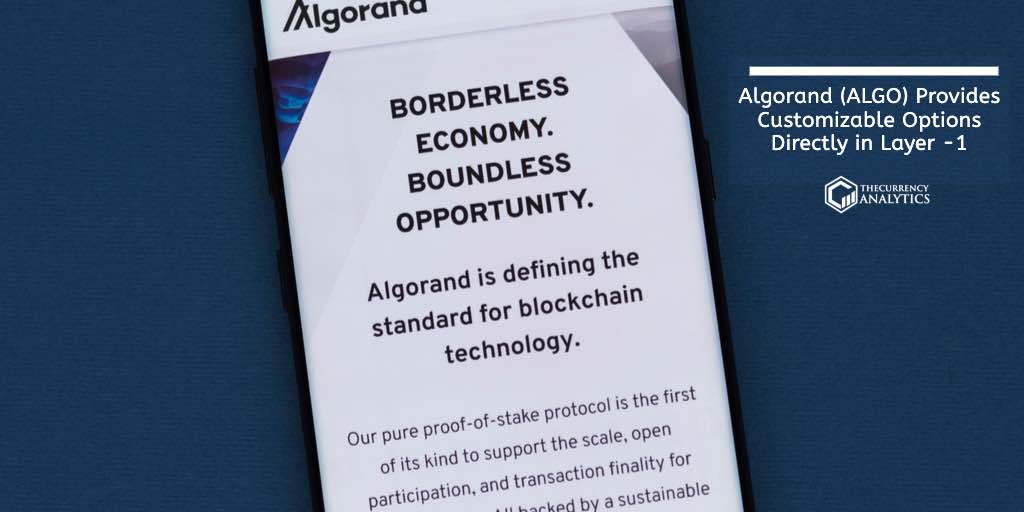
ALGO is the cryptocurrency for the digital assets facilitated by Algorand. Algorand focuses on building an inclusive ecosystem that provides an opportunity for everyone to harness the potential of an equitable and genuinely borderless economy.
The price of ALGO has been trending at around $0.229. The 24-hour trading volume is at $47,712,414.
The strength of Algorand gets assessed from its network, governance, and protocol development. Algorand 2.0 concentrates on enabling complex and real-world applications that leverage the layer 1 scale.
Scalability is crucial to any blockchain platform. The scalability crisis will evolve to be a deadly problem for the commercial feasibility of the platform. There are several areas where scaling issues will happen in any blockchain for that matter. Block calculations, forks, network splitting, block size limit, DOS attacks, and invalid blocks congest network traffic.
The original settings in the blockchain will have limitations, and therefore protocol upgrades are unavoidable to improve scalability.
The number of transactions, which can get processed per second is less in a blockchain network when compared to centralized alternatives. Merchants cannot wait beyond a specific reasonable time limit when making business transactions. They cannot practically pay high commissions. Scaling has a powerful effect on commissions. And Merchants cannot be waiting forever to decide if a transaction is trustworthy enough.
To serve as a reliable medium of exchange, tokens should facilitate to serve as a secure medium of exchange, and the commission should be reasonable, and this is possible only when there is sufficient scalability.
Any cryptocurrency should scale to accommodate increasing numbers of users. Different cryptocurrencies approach the scaling issue differently.
Algorand makes use of Proof-of-Stakes. The network chooses from a small set of block proposers and verifiers. The Algorand Consensus protocol does not require the participants to solve anything to propose or validate blocks. The protocol generates and verifies signatures and counts the transactions.
The cost at present is constant. If computation becomes a bottleneck in the future, improving computational power will directly improve performance. Therefore the Algorand consensus Protocol can sustain high transaction rates without imposing high costs on the participants. As the block gets propagated into the network, the consensus on the block is reached.
“Algorand’s Layer-1 solution solves a majority of use cases with unprecedented speed, less complexity, and significantly lower costs.”
Algorand 2.0 facilitates several features to be built directly into Layer-1 without sacrificing on performance or security. The Algorand Standard Asset in Layer-1 facilitates unique functionality with Role-Based Asset Control (RBAC), Differentiators, and facilitates exciting use cases like different kinds of fungible tokens.




Get the latest Crypto & Blockchain News in your inbox.